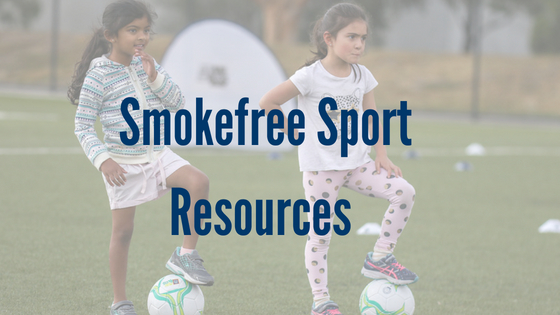Over the past 30 years there has been an overall reduction in smoking prevalence of over 50 per cent among Australian adults, from around 35% in 1980 to 14% in 2016 (Cancer Council Victoria, Tobacco In Australia 2018) Tobacco. Although this is great news, smoking continues to be the leading cause of many cancers, respiratory, cardiovascular and other preventable diseases with 1 in 8 Australians continuing to smoke every day, attributing to the death of over 19 000 Australians every year (Australian institute of Health and Welfare, 2016 & 2018).
Policies and programs developed and delivered by Quit Victoria and other tobacco control measures have encouraged and supported many smokers to quit and reduced the uptake of smoking among young people. These interventions have included price increases, plain packaging and health warnings displayed on tobacco products; access to quitting support services such as the Quitline; education and awareness campaigns that highlight the health and lifestyle consequences of tobacco use; and legislation prohibiting tobacco advertising, sponsorship and promotion.
Another major factor in declining trends of tobacco use can be attributed to changes in locations where smoking is permitted. Examples of this have included non-smoking policies and legislation in and around workplaces, schools, public transport, restaurants, shopping centres and some outdoor public spaces.
Although there has been progress, there is still more that everyone can do to reduce harm from tobacco use. This is particularly true for sporting organisations as sporting venues remain one of the public places where smoking is not currently banned, other than during junior sport. Supporting this, VicHealth’s Tobacco Strategy 2016-2019 suggests that “in the absence of legislation and regulation, there are organisational policies and approaches that may be adopted to reduce the harms from tobacco including voluntary smokefree areas”.
During 2011 to 2015, as part of the VicHealth Healthy Sporting Environments Program, Victoria’s nine Regional Sporting Assemblies supported over 250 rural and regional community sporting clubs to work towards becoming smokefree. This program supported clubs to implement practical actions to create environments that reduce the health and lifestyle risks associated with smoking through a range of resources and examples from within sport. Specifically, clubs were supported to become completely smokefree venues, or become partially smokefree and then gradually move become completely smokefree.

